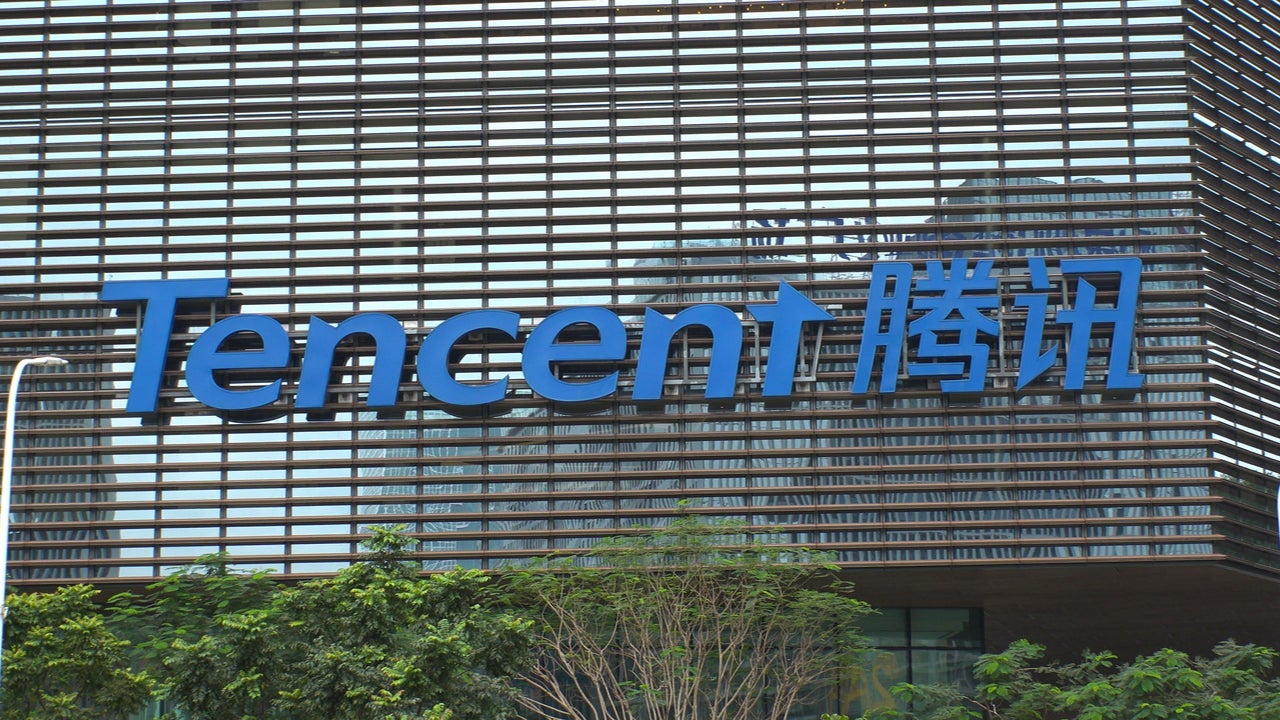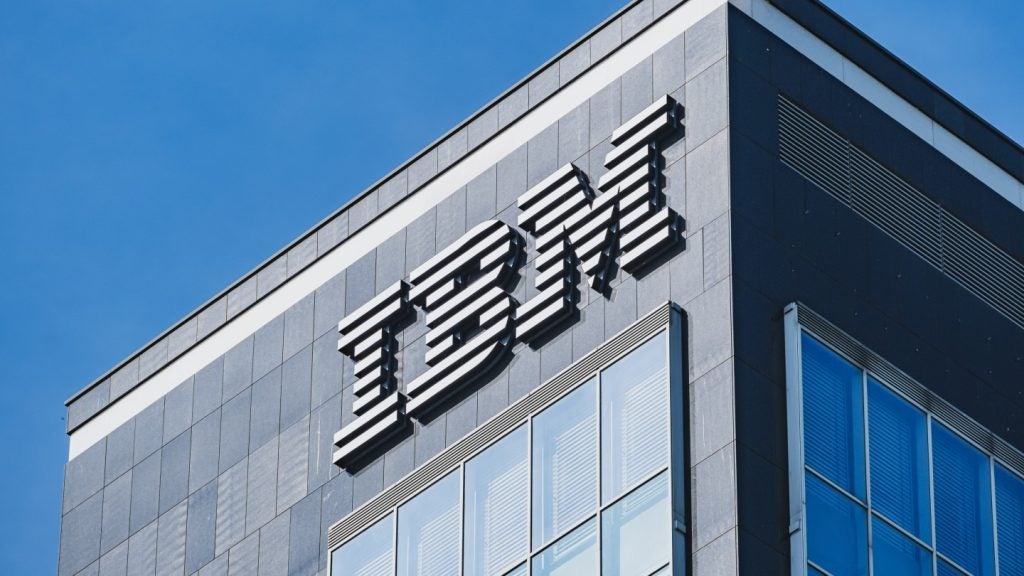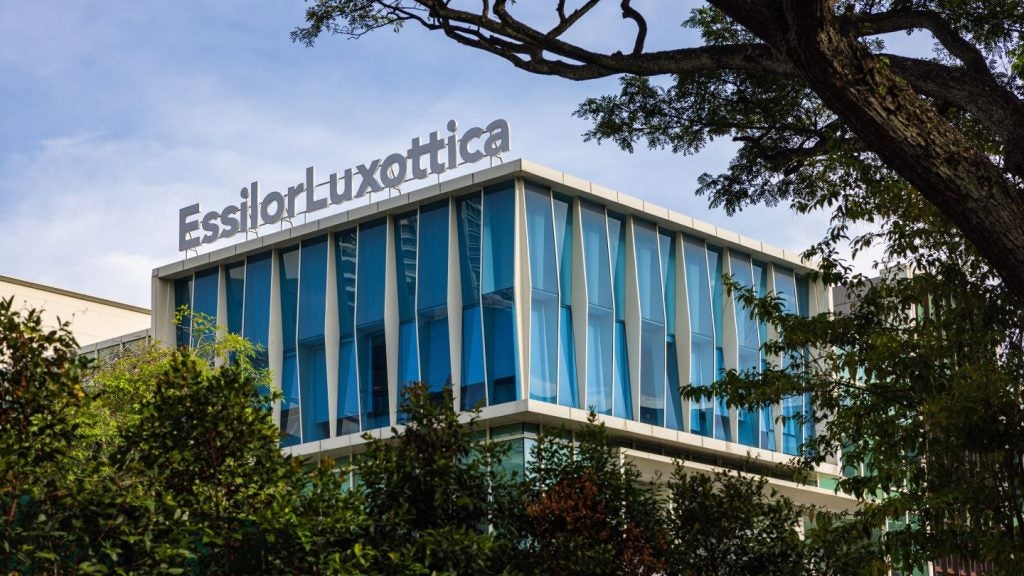Overall M&A activity in the TMT industry had declined during the first half of 2020, especially in Q2 with just US$95bn worth deals taking place due to the immediate impact of the Covid-19 pandemic.
However, activity recovered sharply in the second half to reach a total transaction value of US$903bn for the full year (for the deals with disclosed value greater than or equal to US$50mn excluding terminated deals). The M&A market has coped well with the impact of the pandemic as the leading companies saw opportunities to reinforce their market positions by either acquiring new capabilities or by acquiring distressed competitors. Among all sectors, M&A in gaming software sector saw the highest growth of 130% in 2020 compared to 2019 in terms of deal volume.
Pandemic created boom in mobile gaming
Mobile gaming increased as people were locked inside their homes for months. The immediate effect was, a boost to mobile game sales, benefiting both game developers and gaming device makers. PUBG Mobile, the uber-popular battle royale title from Tencent, generated $2.6bn revenues in 2020, becoming the highest grossing mobile game of the year. As a result, investors rushed to participate in the rapidly growing gaming market. The gaming sector saw increased M&A activity as big game developers acquired small ones, with gaming companies focused more on technology than ever before.
Tencent was the most active in M&A in gaming sector
Tencent have been the most active acquirer in overall M&A activity in 2020, with six acquisitions in gaming. There were eight billion-dollar deals in the gaming sector and top three among these include Microsoft acquiring ZeniMax media, Flutter acquiring FanDuel, and the Flying Eagle and skill merger.
Primary themes driving gaming sector deals were online gaming, mobile gaming, esports, Virtual Reality & Augmented Reality, online gambling, and China impact. Esports and streaming also joined mobile and online gaming as key themes driving M&A.
With the rise of online gaming, concerns arose over the ability of servers to keep up with demand. Telecom Italia, for example, reported a 70% surge in web traffic usage following lockdown, mostly attributed to online gaming. To save bandwidth and ease traffic congestion, content delivery network (CDN) company Akamai has slowed game download speeds during peak hours in regions with high demand.
How well do you really know your competitors?
Access the most comprehensive Company Profiles on the market, powered by GlobalData. Save hours of research. Gain competitive edge.

Thank you!
Your download email will arrive shortly
Not ready to buy yet? Download a free sample
We are confident about the unique quality of our Company Profiles. However, we want you to make the most beneficial decision for your business, so we offer a free sample that you can download by submitting the below form
By GlobalDataOnline gaming and mobile gaming are major themes
The increased maturity of streaming (supported increasingly by 5G), cloud services, and mobile esports, combined with the fact that mobile platforms are close to technical parity with their PC and console rivals, has led to more gamers to embrace mobile platforms. This in turn is boosting investment into mobile gaming.
China impact is the next largest theme in gaming M&A, with China the world’s largest gaming market. It is a key driver for the growth of mobile games, VR games, and esports. Games streaming platforms like Twitch, YouTube, and Facebook have also seen significant audience spikes. Esports and online gambling are similar beneficiaries as social distancing has made them take their services online, hence acting as major themes for gaming sector M&A.
In the short-term, Covid-19 will continue to positively impact the gaming sector, as people staying at home look for entertainment. In the medium-term growth rates will start to decline towards end of 2021 as lockdown restrictions ease around the world. We would still expect mobile gaming and online gaming to be the primary themes driving gaming M&A along with esports and cloud gaming. Maintaining growth rates in the gaming sector will require improved 5G network coverage, attractive games libraries, and reasonable pricing. Companies will also have to focus on new games, user experience, and subscription-based pricing plans. Merging gaming with edtech with live interactive sessions or knowledge-based gaming may help attract younger audiences.









Related Company Profiles
Meta Platforms Inc
Microsoft Corp
TIM SpA
Tencent Holdings Ltd